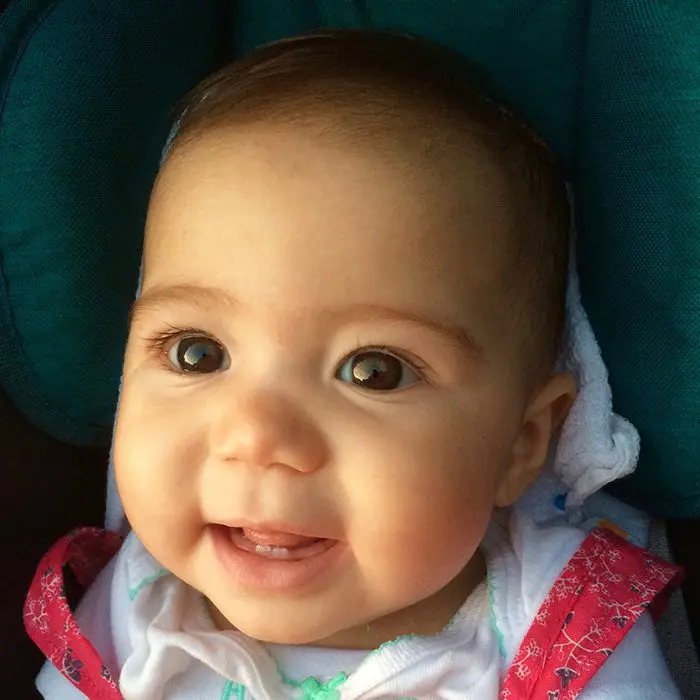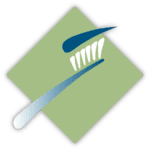
A BABY’S FIRST TOOTH is a major milestone, and a child losing their first tooth is another! As a children’s dental care provider in Laytonsville, we believe parents should know what to expect when it comes to their children’s baby teeth, from when they come in to when they lose them, and how to take good care of them in between. That’s why we’re dedicating a blog post to baby teeth!
The Purpose of Baby Teeth
Just because baby teeth don’t last our whole lives, that doesn’t mean they don’t serve important purposes or that we can slack off taking care of them. Baby teeth help children chew, speak, and flash those beautiful smiles. Most importantly, they hold the places of permanent teeth so that they can come in where they’re supposed to once there’s room for them.
Keeping Baby Teeth Healthy
When your child has baby teeth, it’s the perfect time to teach them good life-long dental health habits. This way, by the time those adult teeth start coming in, they’ll already be pros at brushing and flossing so that they’ll be able to keep their permanent teeth healthy for life!
Before your children are old enough to start taking care of their teeth by themselves, there’s plenty you can do for them. Even before the first teeth appear, it’s important to gently clean away any residue from breast milk or formula so that the sugars in the milk can’t linger and feed oral bacteria.
Baby Teeth Timeline
Most children follow a similar timeline in getting their baby teeth, but not every situation is the same, so don’t get worried if your child doesn’t fit perfectly into these windows. The first two teeth (the bottom central incisors) typically show up between 4-7 months, followed by the top central incisors at around 8-12 months. The lateral incisors come in between 9-16 months, and the first molars make their appearance any time between 13-24 months, followed by the canines and, finally, the second molars.
The full set of baby teeth will usually have grown in by age three. Around age six is when those baby teeth begin to be replaced by adult teeth, in about the same order they first came in. From ages six through twelve, a child will lose teeth and grow their new ones pretty rapidly.
After Baby Teeth: Sealants
Once the adult teeth start coming in, it’s very important to keep them healthy and strong. Children’s dental care is not just about brushing and flossing; it’s also about prevention. Dental sealants are a powerful tool in this regard. These thin, protective coatings are applied to the chewing surfaces of molars and premolars, creating a strong shield against tooth decay.
Dental sealants are a simple and painless procedure in children’s dental care that provides long-term protection against cavities. The chewing surfaces of back teeth, known as molars and premolars, are filled with fissures and pits. These uneven surfaces can easily trap food particles and bacteria, making them vulnerable to decay. Dental sealants act as a protective barrier, sealing off these nooks and crannies and preventing food and bacteria from settling in.
This is particularly crucial for children, as their developing motor skills may not allow for thorough cleaning of these intricate areas. By applying sealants, we can significantly reduce the risk of cavities, which is a common concern during childhood. It’s a proactive and cost-effective way to keep your child’s smile bright and healthy, saving you both time and dental expenses in the long run.
We Have the Answers
Besides knowing the basics about what baby teeth are for and when they’ll come in and fall out, it’s also important to know when to start bringing your child in to the dentist on Olney Laytonsville Road. The best time for them to begin receiving children’s dental care is when that first tooth arrives! We can’t wait to see you and your child and help you get them on a path to lifelong healthy teeth! You can learn more about us by checking our business page, and make sure to check the map before heading to our Laytonsville practice (convenient for patients in Olney).

